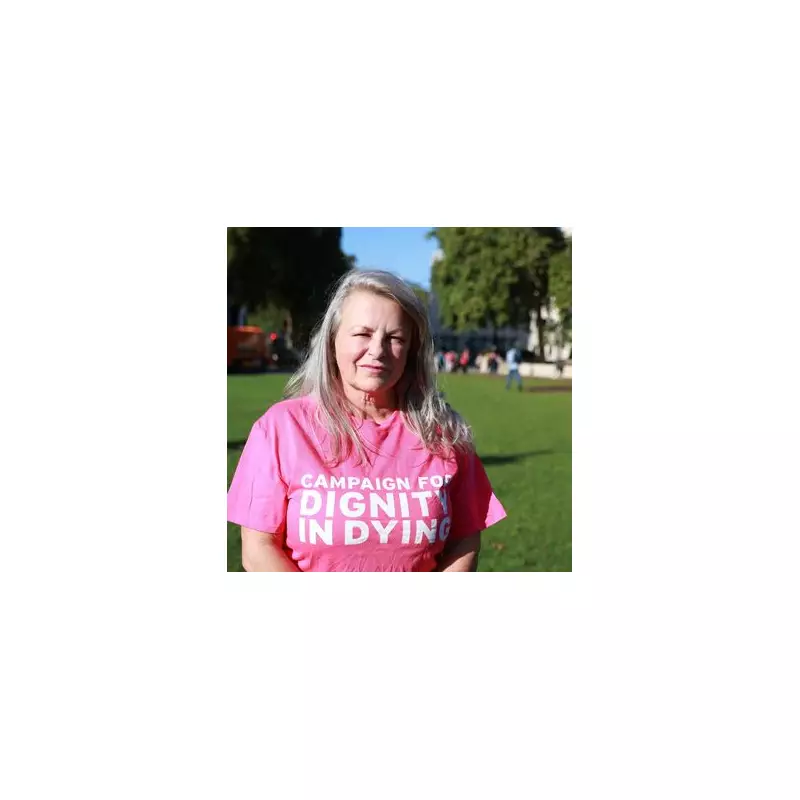
Campaigners for assisted dying have launched a fierce accusation of "fearmongering" against the House of Lords, as the number of amendments proposed for the Assisted Dying Bill has skyrocketed past the 1,000 mark. Frustrated supporters warn that at the current rate of progress, it "could take over two decades" for the legislation to be passed.
A Deliberate Blocking Tactic?
Analysis by groups including Humanists UK and My Death, My Decision reveals the scale of the opposition. During the first of four scheduled Committee Stage sessions last Friday, where the bill is scrutinised line-by-line, opponents are reported to have dominated the debate, speaking for three quarters of the session. Just seven of the most vocal opponents to the bill have been responsible for submitting nearly 600 of the total 1,071 amendments.
Dave Sowry, a Board Member of My Death, My Decision, did not mince his words. "Looking at the ridiculous number of amendments, I can only conclude that this represents a concerted effort by a very small number of peers, who are all against the Bill as a matter of principle, to block its progress," he stated. Mr Sowry risked prosecution to be with his wife, Christy Barry, when she had an assisted death at Dignitas in 2022 after suffering from Multiple Sclerosis.
Exploiting Fears or Protecting the Vulnerable?
Opponents of the legislation argue that the bill is "unsafe and unworkable" and could pose a risk to vulnerable people. They believe the focus should be on improving palliative care instead. This week, actress Sophie Turner co-signed a letter to the Lords, issuing a stark warning about the "serious risk" she and other campaigners believe the bill poses to individuals with eating disorders.
However, these claims have been met with anger and frustration from those who have witnessed the need for the law firsthand. Louise Shackleton, a widow from North Yorkshire who accompanied her terminally ill husband to Dignitas in Switzerland last December, branded the tactics as "ridiculous".
"I’m troubled to see opponents of assisted dying resorting to fearmongering," she said. "There are amendments about anorexia, live organ donation, and about the so-called slippery slope." She countered that the bill's title, the Terminally Ill Adults (End of Life) Bill, provides a clear clue to its intent. The proposed law would only permit adults in England and Wales with a terminal illness and a prognosis of less than six months to live to seek an assisted death, subject to rigorous approvals from two doctors and a specialist panel.
"We should never be exploiting vulnerable people with anorexia, nor should we be trying to divide and conquer by pitting disabled people against the terminally ill," Louise argued. "Compassion and honesty must guide this debate, not manipulation or scare tactics."
The Human Cost of Parliamentary Delay
For campaigners like Dave Sowry, the delays have a profound personal cost. "They ignore the perspective of those the Bill is designed for, people at the end of their lives," he said. "Its aim is to improve the quality of those last weeks, and having accompanied my wife to Dignitas for an assisted death, I know how precious those weeks are."
Louise Shackleton echoed this sentiment, drawing on her own experience to highlight the safety and compassion of regulated assisted dying. "The truth is that many disabled people support assisted dying, and the evidence from around the world shows that strong safeguards protect vulnerable people," she stated. "International experience is clear, when assisted dying is legal and regulated, it is safe, compassionate, and accountable."
As the House of Lords prepares for its second Friday of committee stage debate, the battle lines are firmly drawn between those who see the amendments as a necessary scrutiny process and those who view them as a deliberate attempt to talk the bill to death.





